There are many cruel ironies in life. One of them is getting pregnant (and intending to keep it) at just the age at which you begin to understand how and where to drink good booze and feel justified in spending money to do so.
So, finding myself with a bun in the oven just after my forty-first birthday this summer, I had to bring to a screeching halt the habits of the last few years: drinking really good wine, sometimes quite a lot of it, fairly regularly. Indeed, I spent the first week of pregnancy in the Languedoc drinking a bottle a night, plus the odd gin and tonic, because of course I didn’t know.
Just last year I made a special journey to an industrial park outside Brussels to collect six bottles of 2013 white Bordeaux — it was that good. Now, alas, I have to look at those bottles in my cheap little wine rack, quietly acquiring dust while I sit on the sofa drinking apple juice mixed with club soda.
I do still drink alcohol, especially Champagne or good alternative European fizz, which was one of my developing areas of interest. But it’s not the same.
The pleasure of life before — and hopefully at some point, after pregnancy — was the open horizons of drink, of mixing and matching, of going right through from aperitif to wine to digestif. And I felt like drinking, which I never do now. If I was tired but had to go out, I could have a brisk gin and tonic and feel revitalized. If I had a night in or a friend over, I could make a special treat of it by opening a fine bottle of red (fine, for me, is $25 from the grocery store fine wines section). I was never someone who sat at home sipping wine only to discover the bottle was gone. But I liked the possibility — especially with company, and especially with salty snacks or cheese.
Now, as an increasingly corpulent-feeling woman, who is rarely hungry because she has used pregnancy as an excuse not to eat for two but for twenty, the prospect of laying into a bottle of silky Burgundy or enveloping Barolo just leaves me feeling faintly tired. It would be utterly wasted on me.
The implications for socializing — especially in the evening — are marked. Events that may formerly have been enlivened by alcohol are no longer. At a recent party, I foolishly thought there was mileage yet in a couple of glasses of ice-cold Hattingley English sparkling wine, only to be taken with a funny turn complete with the sense that I might pass out. I quickly called an Uber, anxiously chugging water.
Dinner parties used to have their joy compounded by a series of aperitivi; now, a sense of pointlessness hovers over imbibement, since one or at most two glasses, being taken in isolation, only make me feel tired. The same applies to travel, particularly European travel.
I particularly mourn the palling of the pub. There is nothing quite like a cold, wintry evening in a cozy Victorian boozer with a pint of hipster ale and a table full of men at hand. One of the chief bonding sites with my baby-daddy was the pub. But now, a pint of beer seems overwhelming, and, capped at one, simply seems sad. What’s the point of feeling the micro buzz of that malty pour only for it to wither into a sense of weariness at the prospect of it being chased by more sugary soft drinks than any sane person could ever want?
Luckily I have never needed alcohol to have good conversations, or to enjoy socializing. I have no confidence issues where that is concerned, unlike a great many Britons who simply can’t face parties or social gatherings of any kind without alcohol. I don’t know how such pregnant womenfolk fare.
At a recent family birthday party, my baby-daddy was shocked to discover the whole event, which was more of a tea party, took place without a drop of alcohol. None of us noticed (me because I’m nearly six months in) but he said that’d never happen at a normal English birthday. What he meant was that my family are Jewish, and Jews tend not to drink as habitually or as dependently as gentiles. He’s right — though I’ve always been the exception. He was surprised, though, to discover he had a nice time and enjoyed waking up feeling fresh. So there is a silver lining.
I’ve got three months to go, then probably a bit longer if I breastfeed. I just hope that when it’s safe to return to my old ways, I still enjoy them.
This article was originally published in The Spectator’s February 2024 World edition.



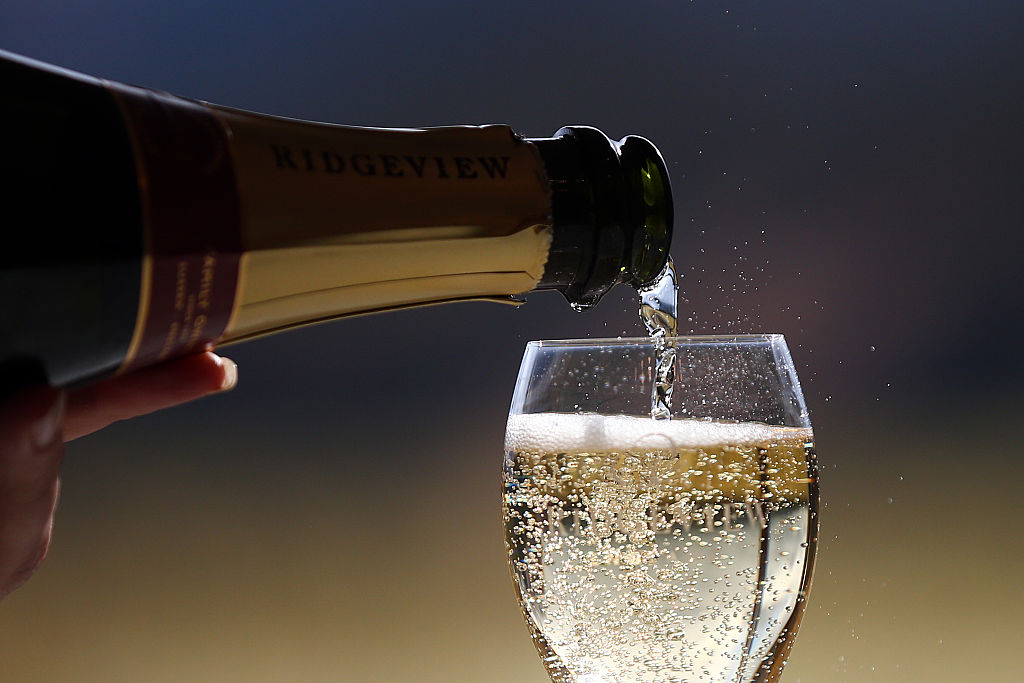









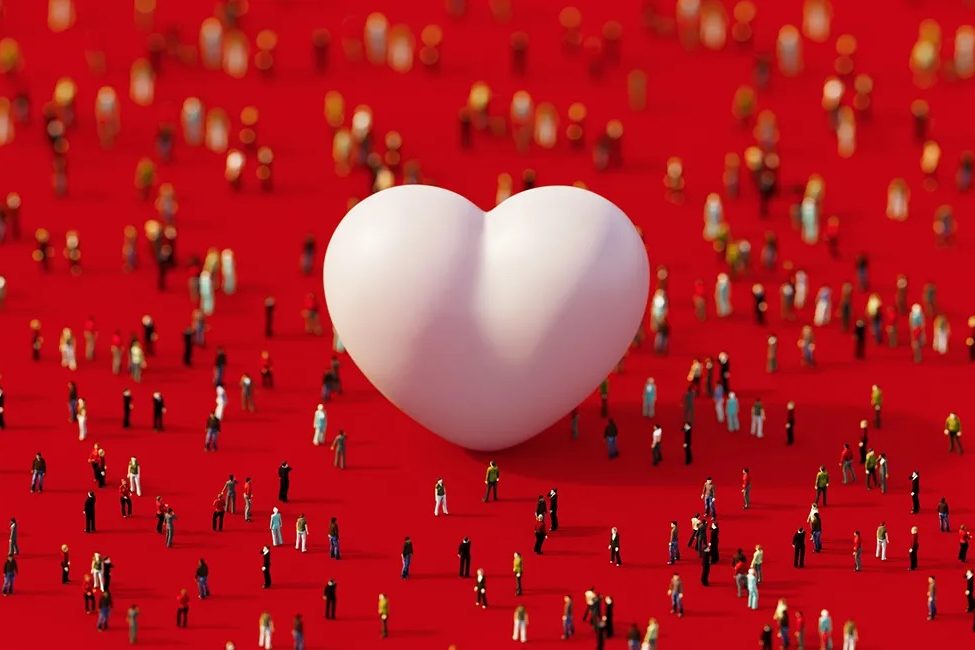
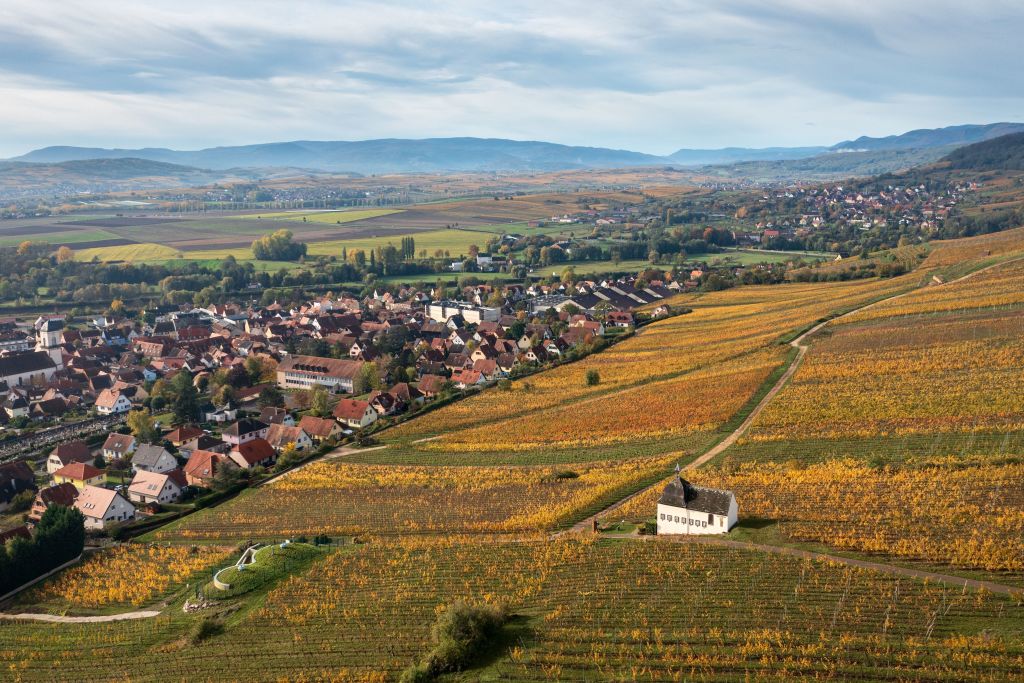
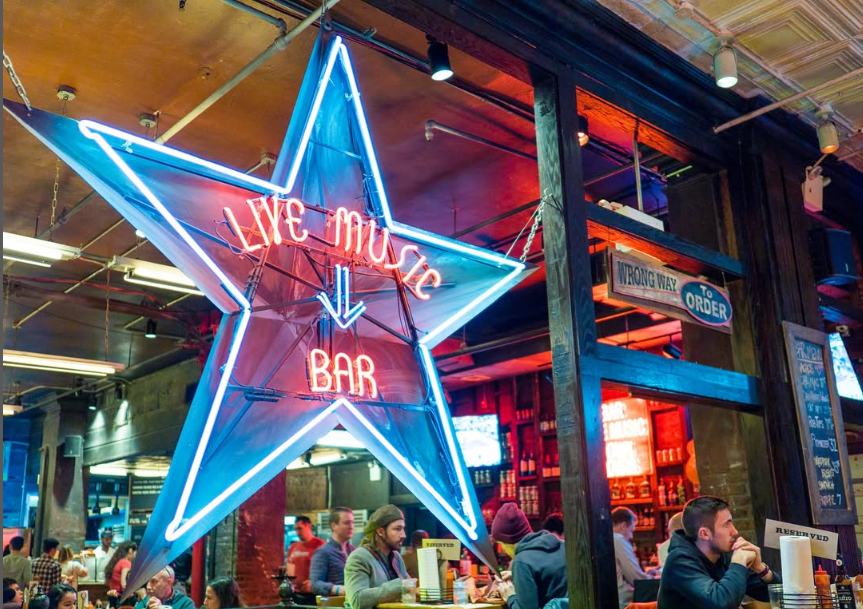
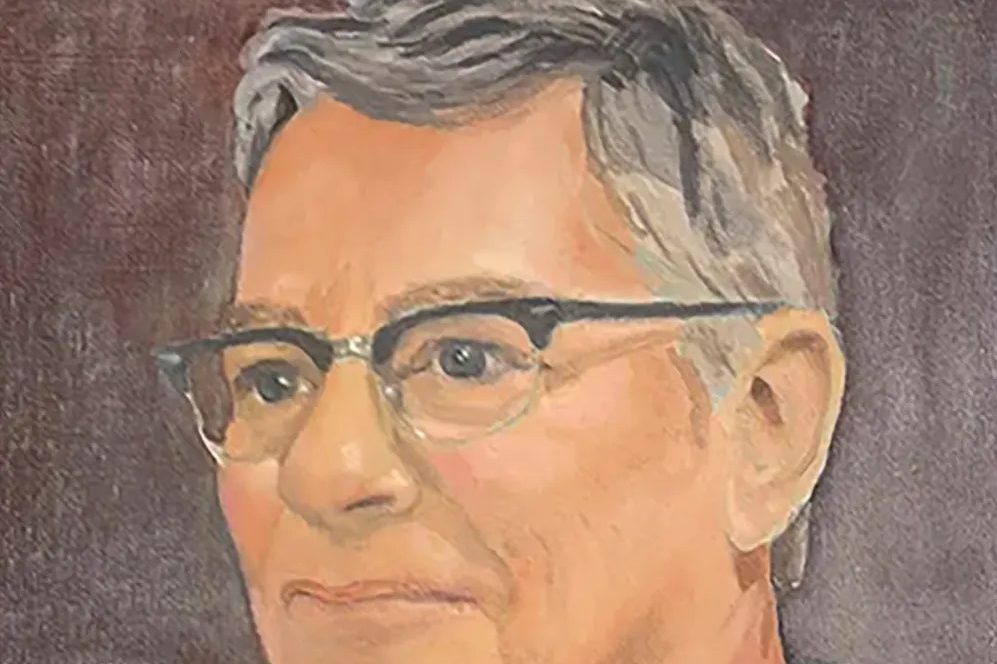
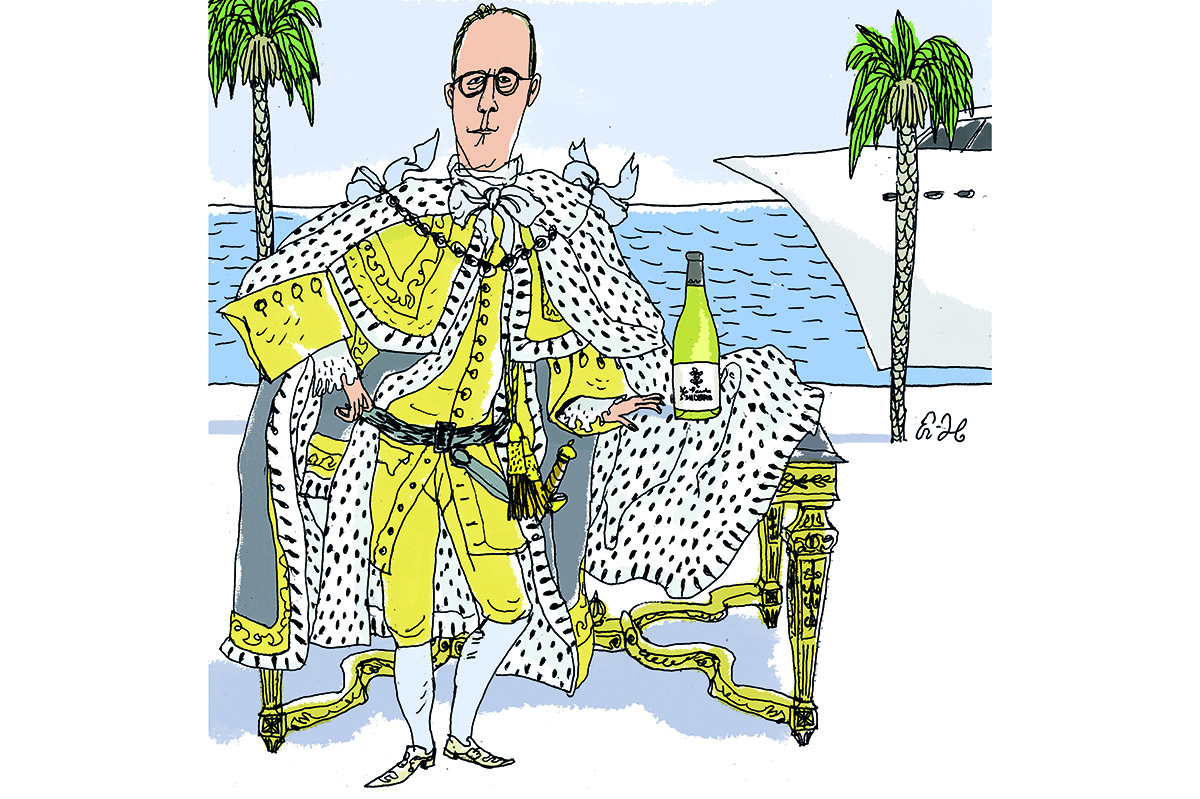
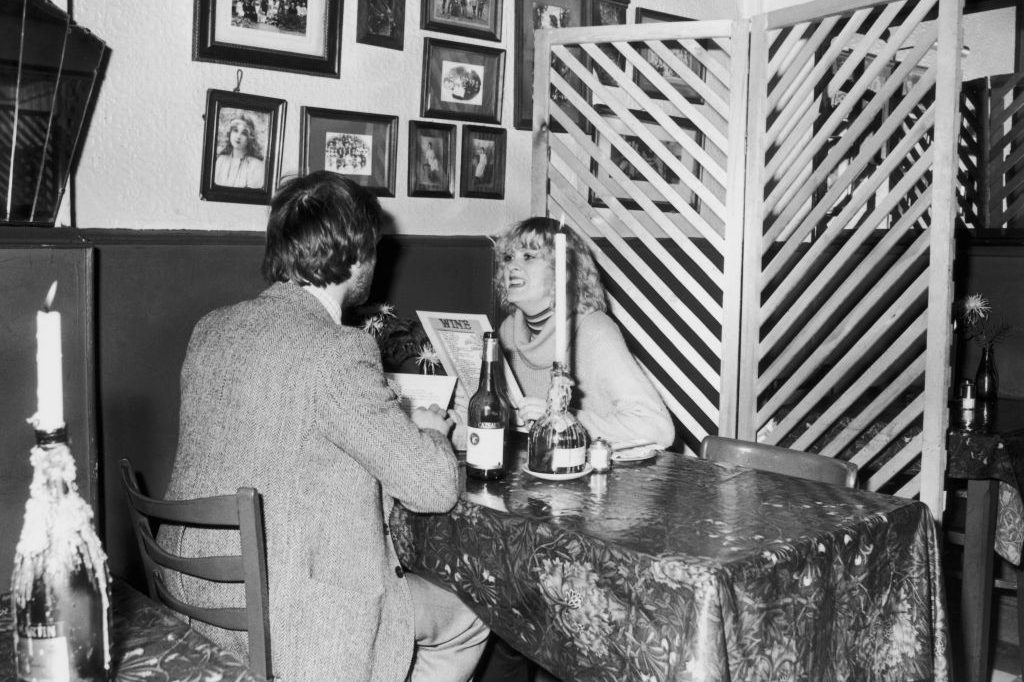







Leave a Reply